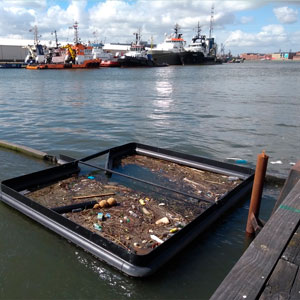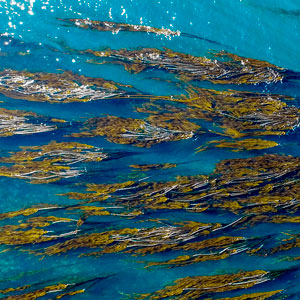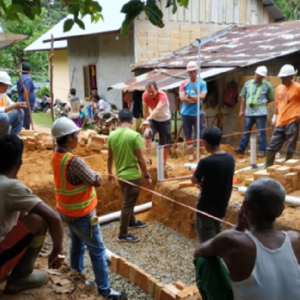Projects
Since the start of TAUW Foundation, 20+ dream projects have been honoured. Click on the pictures to read more about our projects.Youngsters clean the river on a SUP board
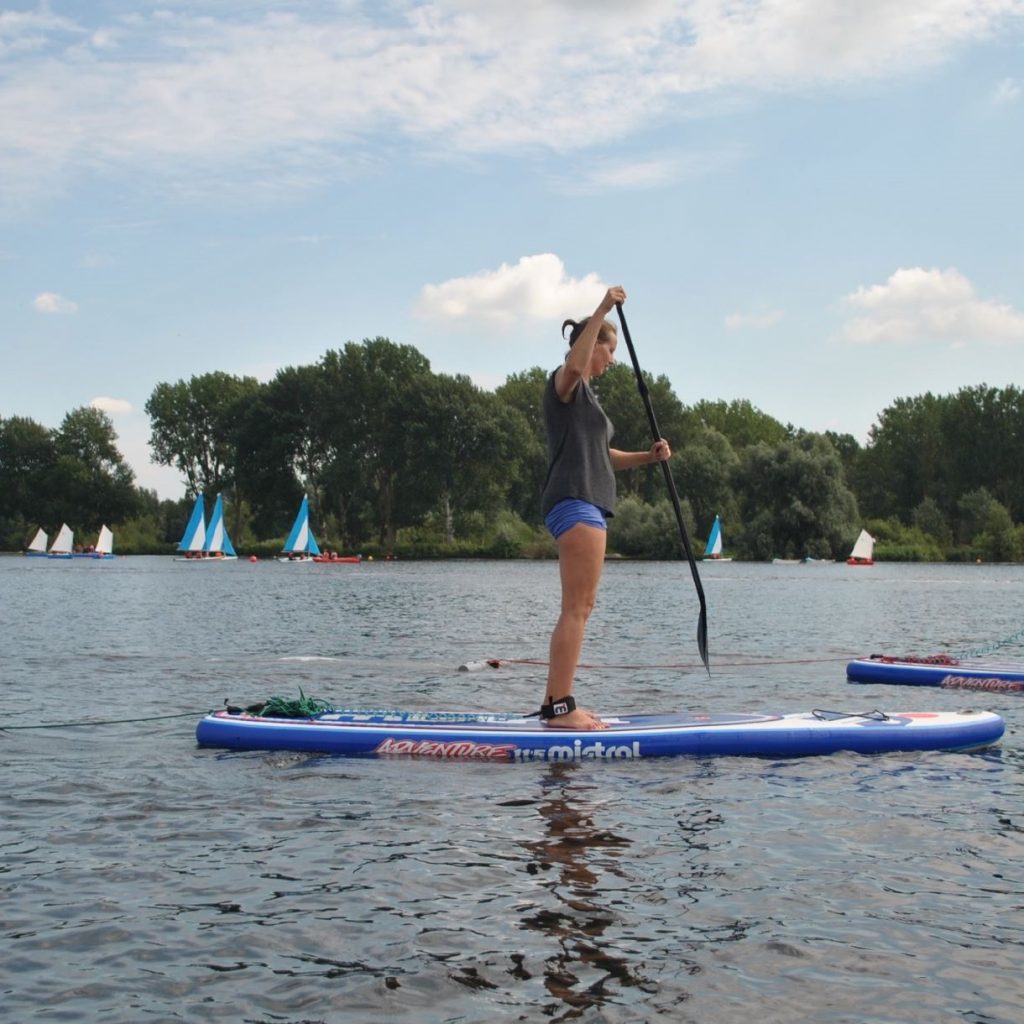
Design a climate adaptive school yard
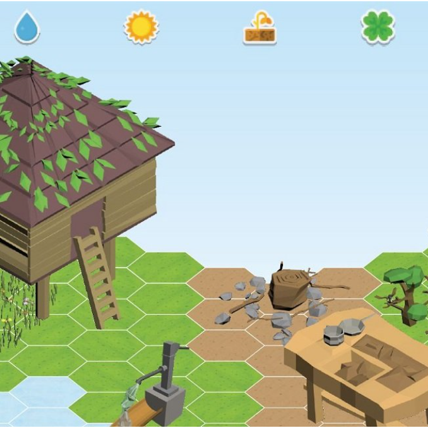
Reducing Printer Waste at IJsselbiënnale Art Exhibition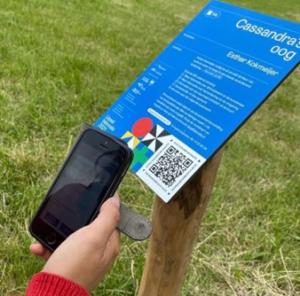
Stimulating Biobased Building Materials in the Netherlands

Mitigating Beetham Landfill Impact in Trinidad
Make use of sludge from wastewater and grass
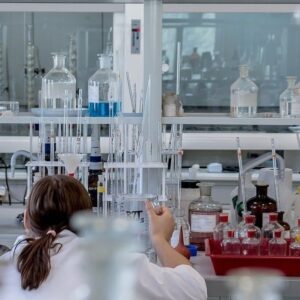
Safe Water Gardens
Managements Lead Contamined Sites Bangladesh

Gaming for Climate Change Awareness
Jan Terlouw Lectures

Supporting community-based energy-initiaves

Youth Forest Conservation in Malawi

Innovative Lead Remediation in Tajikistan

Increasing the Acess to Water and Light in Senegal

Strengthening Mine Tailing safety in Central Asia with NBS

Thermo-staat

Promoting the Blue Economy in Tunasian Fishing Communities

Assessment of Lead Detection Methods in Tamil Nadu, India

Privacy Policy Copyright TAUW Foundation 2021

